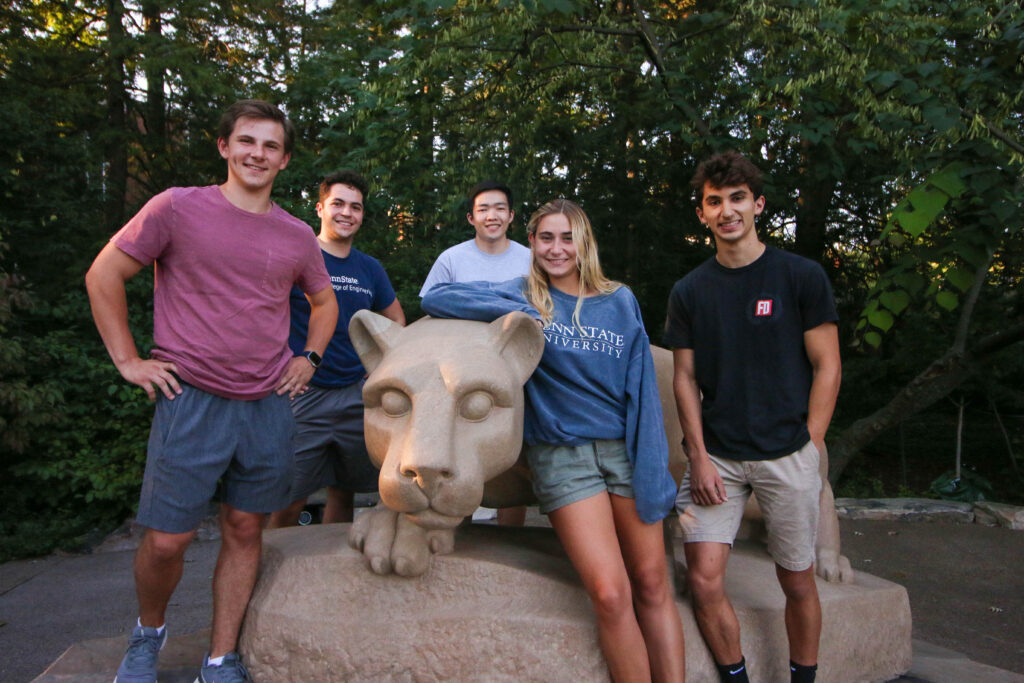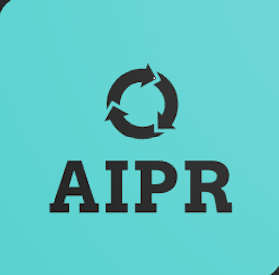If you go to Penn State and are aspiring to have a career in tech, you must read this story about the Nittany AI Alliance. This organization is dedicated to helping college students launch their careers in tech, and I have been fortunate enough to be one of those students. Now, I am working with the Alliance to build a leadership academy that creates a clear path for young students to get involved.

In January of 2020, I decided to join a Nittany AI Challenge team with some friends I met in class. The Nittany AI Challenge is a startup competition for products that use AI for good. We made it past the first round, but were not chosen to go any further. I was disappointed that we failed, but my career with Nittany AI was just beginning. Through the connections I made while participating in the Challenge, I was given the opportunity to work as a Nittany AI Advance intern the following summer, developing data science solutions for Avatar Sciences. Being honest, I felt like a complete imposter trying to develop machine learning models for a real company with little experience. However, I learned more in 12 weeks about ML development and business than I had my entire life and ended up delivering a working model. That fall, I got placed on a project for Lockheed Martin, developing AI simulations. Again, I was thrown into a problem I had no idea how to solve and felt like a complete imposter; but I knew if I put in the effort, it would work out. And it did!
January 2021 came, and I decided to compete in the Nittany AI Challenge again, but was determined to do it right this time. I found evidence from a Penn State report that the University wasted money on recycling contamination fees just because students were placing garbage in the wrong bins. I asked some of my friends if they would help me solve this problem, and we were off to the races as team AIPR. We wanted to create a mobile app, so I enrolled in an online IOS development course through CodePath.org. By the prototype demo in March, we had a working iPhone app that could classify recyclables and a 3D model of our robot trashcan. The results came out, and we were one of 10 teams to move on. We were given $1,500 to develop a minimum viable product over the summer and received some constructive feedback from the judges. When the spring semester ended, I was off to Colorado to intern for a small company, working as a software engineer. Our team was working from all around the U.S. (CA, CO, and PA), but we were determined to perfect our product by September.
 When we got back to Penn State for the 2021 fall semester, we had 3 weeks to fine tune the machine learning model, add some finishing touches to our app, and finally construct our recycling robot. Besides sawing the metal pipes by hand, everything went pretty smoothly, and we finished our demo video with a few hours to spare. A week later, the AI expo came and we were awarded 2nd place and a $10,000 prize. Excited doesn’t even begin to describe how I felt during the announcement. All of our grueling work had finally paid off and we were able to make progress on a solution that could reduce waste and save Penn State money on fees.
When we got back to Penn State for the 2021 fall semester, we had 3 weeks to fine tune the machine learning model, add some finishing touches to our app, and finally construct our recycling robot. Besides sawing the metal pipes by hand, everything went pretty smoothly, and we finished our demo video with a few hours to spare. A week later, the AI expo came and we were awarded 2nd place and a $10,000 prize. Excited doesn’t even begin to describe how I felt during the announcement. All of our grueling work had finally paid off and we were able to make progress on a solution that could reduce waste and save Penn State money on fees.
While finishing up this Nittany AI Challenge cycle, I started working on a new project for Nittany AI Advance and serving as Treasurer of the Nittany AI Student Society. This was my first Nittany AI Advance project where I actually felt qualified to be on the team. This project focused more on researching and experimenting with data, so my team was able to make more decisions regarding the design of the project. At this point, my technical presentation skills and ability to design data science solutions were significantly better than before.
 The Nittany AI Student Society started its first semester in person during this same time and I was to be the new Treasurer. We wanted to teach students about AI but also include students who weren’t programmers. So, we taught and hosted conversations about the effects of AI in various industries. We had many students at first, but attendance declined over time until we had only a few members coming to our meetings. It dawned on us that it wasn’t clear what students would gain by joining the club. Subsequently, our strategy for the spring semester was completely different. We decided to provide students with the skills they needed to succeed in the Nittany AI Challenge. We hosted workshops on topics such as ideation, how to pitch, customer discovery, and team management. We finally got consistent attendance because we were providing real value to our members.
The Nittany AI Student Society started its first semester in person during this same time and I was to be the new Treasurer. We wanted to teach students about AI but also include students who weren’t programmers. So, we taught and hosted conversations about the effects of AI in various industries. We had many students at first, but attendance declined over time until we had only a few members coming to our meetings. It dawned on us that it wasn’t clear what students would gain by joining the club. Subsequently, our strategy for the spring semester was completely different. We decided to provide students with the skills they needed to succeed in the Nittany AI Challenge. We hosted workshops on topics such as ideation, how to pitch, customer discovery, and team management. We finally got consistent attendance because we were providing real value to our members.
Now, I am to be the new President of the Nittany AI Student Society for this 2022–2023 academic year. With feedback from our members and experience from the previous year, the executive team decided to launch the Nittany AI Leadership Academy. This program intends to prepare first and second year students for the Nittany AI Challenge and Advance programs. The curriculum contains a combination of introductory technical and entrepreneurial lessons, giving students a foundation for performing well in the more advanced Nittany AI programs.
I am super excited for the Leadership Academy’s first year and urge any young and ambitious Penn State students to join, all majors are welcome. You can learn more about the Leadership Academy by attending the upcoming AI for Good Expo on September 8.
